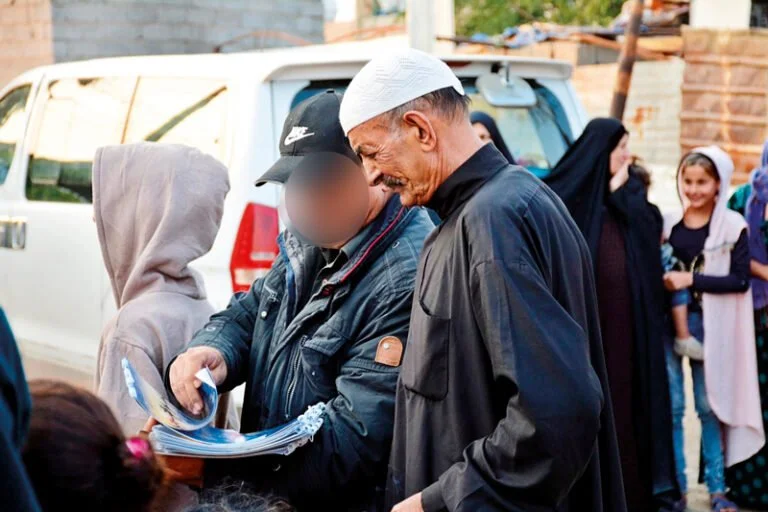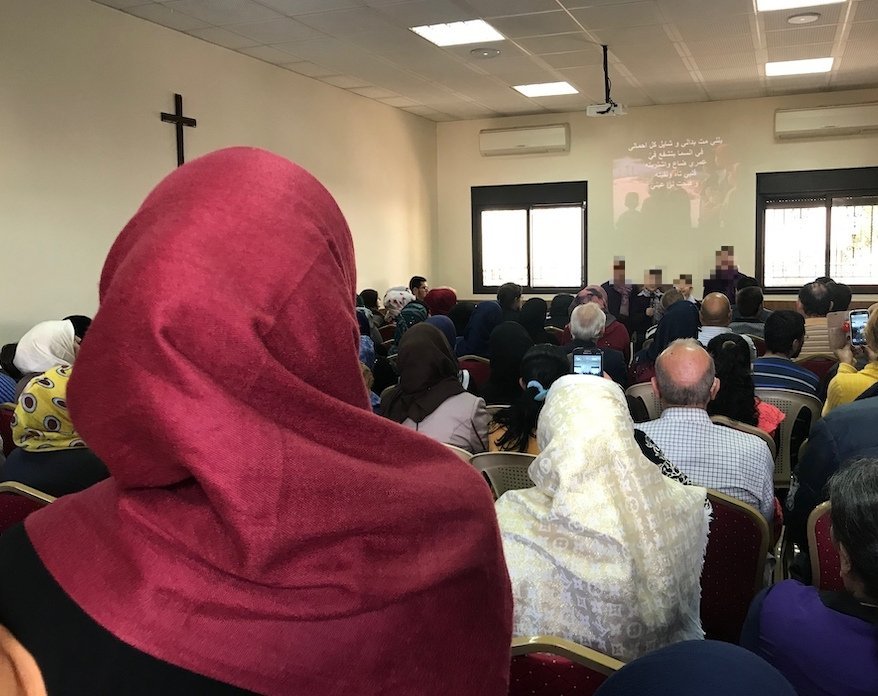Iraq
Arabic, Kurdish and other minority languages
169,235 sq mi
Area
Languages
Population
Religion
Approx. 39 million
97% Muslims (about 67% Shiites and 30% Sunnis), 3% Christians and others
Life in Iraq
Life in Iraq, while gradually stabilizing, remains fraught with day-to-day hardships for its citizens. The country continues to grapple with the aftermath of years of conflict, which has left deep scars on its social, economic, and political landscape. Security remains a significant concern, with sporadic violence and terrorism posing constant threats. Economic challenges are also prominent, characterized by high unemployment rates, a struggling infrastructure, and limited access to essential services like healthcare and education. The Iraqi government, aided by international support, is making efforts to rebuild and restore stability, but progress is hindered by political instability and corruption. Social disparities and sectarian tensions further complicate the recovery process. For many Iraqis, the reality involves navigating these complex issues while striving for a semblance of normalcy in their daily lives. The resilience of the Iraqi people is evident, but the path to a peaceful and prosperous Iraq is still a work in progress.
A Little History
For decades, Iraq was ruled with a hard fist by dictator Saddam Hussein. The Kurdish minority and Shiite majority in particular suffered under his regime. However, the Christian minority was more or less left alone. After the overthrow of Saddam Hussein by the American-led military coalition in 2003, the country descended into violence and chaos. There were, among other things, fighting between Shiites, Sunnis and Kurds. From 2010 onwards, the Islamic State's reign of terror emerged in large parts of the country. The result was hundreds of thousands of people fleeing. Of the former 1.6 million Christians, a maximum of 200,000 still live in Iraq today. In the midst of still dangerous circumstances - for example, bomb attacks continue to occur - Call of Hope’s co-workers want to bring the love of Jesus Christ to the Muslims in Iraq.

Our Work in Iraq
At the time of the embargo against Iraq during the reign of dictator Saddam Hussein, Call of Hope sent many tons of aid and Christian literature to the country. Today our co-workers are primarily in the greater Baghdad area. The need is great, especially among the hundreds of thousands of refugees who have had to flee in the wake of war and ISIS terror in recent years, and who now live in refugee camps around the capital. However, we not only want to support these people with food and medical help, but also pass on the living Word of God to them. Many Iraqis have already read evangelistic writings, and we are finding now calendars with Bible verses are also particularly suitable for handing out to Muslims on the street. Our employees are delighted by every Iraqi who comes to a living faith in Jesus and is baptized.
Our work includes:
Personal evangelism, literature and calendar distribution
Humanitarian and medical aid for those in need
Operations in refugee camps
Seminars and training courses to strengthen Christians
Call of Hope Projects in Iraq
-
Call of Hope Frontline Workers are always on their way to the people in the refugee camps to distribute live-saving aid as well as the Gospel of Christ!
-
We broadcast Biblically-based radio programs, and provide follow-up on the ground through trained pastor evangelists who live and serve in areas controlled by Muslim terrorist groups.
-
The heart of our work is the scriptural mission. We distribute numerous evangelistic writings and books in over 40 languages, in which we address the important fundamentals of the Christian faith.
-
Our team in Iraq makes frequent trips into the refugee camps of Baghdad, offering basic medicines and even dental care.
Stories in the Middle East
SEE ALL









 Donate
Donate



